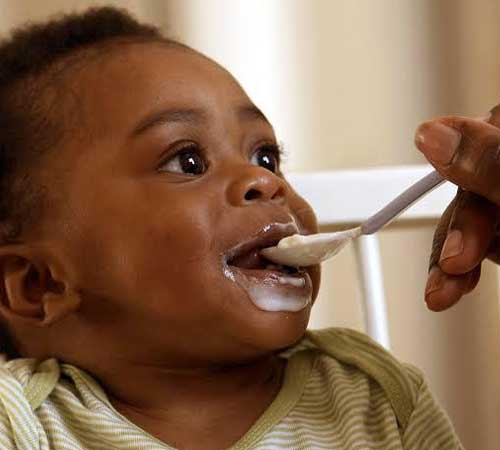
It’s important to remember that children reach their development stages at different times, and there is a wide range of what is considered normal.
While most children start walking between 9 and 15 months, it is not uncommon for some children to take longer to start walking independently.
However, if you are concerned about your one-year-old not walking, here are a few things to consider:
1. Encourage Physical Activity
Provide room for your child to engage in physical activities that promote complete motor skills development.
Encourage crawling, rolling, and playing on the floor.
Offer toys and objects that encourage your child to pull up, cruise along furniture, and eventually take independent steps.
2. Supportive Environment
Ensure your home environment is safe and supportive for your child’s exploration and mobility.
Clear away obstacles, provide sturdy furniture for support, and create a safe space for your child to practice standing and walking.
3. Consult Your Pediatrician
If you have concerns about your child’s walking development, it’s always a good idea to discuss them with your paediatrician.
They can evaluate your child’s overall development, perform a physical examination, and provide guidance based on their expertise.
They may also refer you to a specialist if necessary.
4. Encourage Balance And Strength
Engage your child in activities that help develop balance and strength.
Please encourage them to sit, stand, and play while supporting their body.
Activities such as tummy time, playing with push toys, and walking while holding your hands can help strengthen their muscles and improve their balance.
5. Provide Opportunities For Walking
Create a safe and encouraging environment for your child to practice walking.
Please encourage them to take steps by holding their hands or using a push toy.
Provide a stable surface, such as a carpet or grass, for them to walk on.
Remember to be patient and supportive during this learning process.
6. Monitor Other Developmental Milestones
Take note of your child’s overall development, including fine motor skills, cognitive abilities, and communication.
If there are delays or concerns in multiple areas, it may be worth discussing them with a healthcare professional to ensure comprehensive evaluation and support.
7. Early Intervention Services
If other developmental concerns accompany your child’s walking delay, your paediatrician may recommend early intervention services.
These services, including physical or occupational therapy, are designed to support children in reaching their developmental milestones.
Also Read: What To Do If Your Child Walks In On You Having S*x
Remember, every child develops at their own pace.
While it’s essential to be attentive to your child’s development, try not to compare them to other children.
If you have ongoing concerns about your child’s walking or overall story, consult your paediatrician for guidance and peace of mind.
Find more resources on parenting here.



